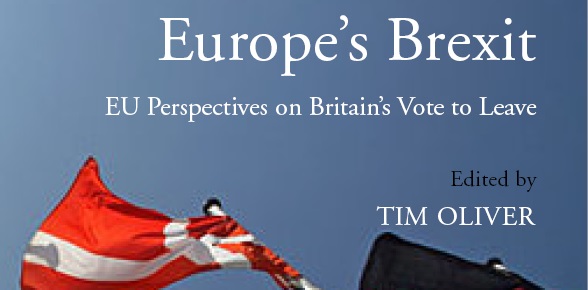Oriol Costa ha publicado un artículo en Comparative European Politics titulado ‘Une Liaison Transnationale: Exploring the Role of NGOs in EU Foreign Policy-making on the ICC’. El artículo ha sido escrito conjuntamente con Patrick Müller (Universidad del País Vasco / Euskal Herriko Unibertsitatea).
Abstract: CFSP has traditionally been studied as a policy-making domain that is reserved to negotiations among formal representatives from the EU and its member states. In this article, we draw attention to the way in which the CFSP bureaucracy interacts with transnational actors from civil society. We conceptualize this relationship on the basis of three mechanisms: access to European policy-making in return for information, coalition building dynamics, and socialization processes. We illustrate the importance of these mechanisms for the EU’s policy on the International Criminal Court (ICC). Specifically, we argue that NGOs have gained routine access to the COJUR-ICC working group, where they have obtained a prominent status as experts, participating in information exchange coalition building dynamics. This has also translated into NGO influence on important aspects of the EU’s foreign policy towards the ICC.

